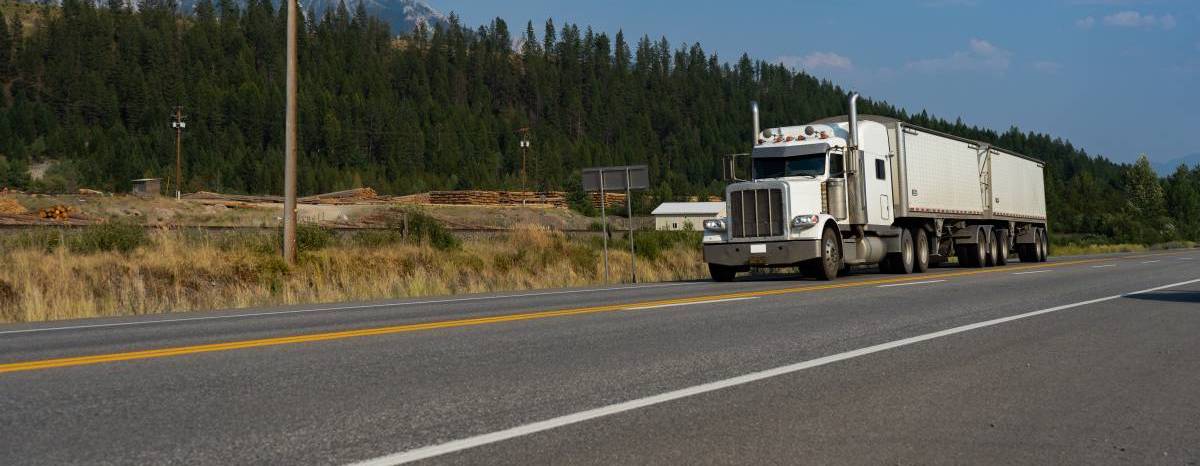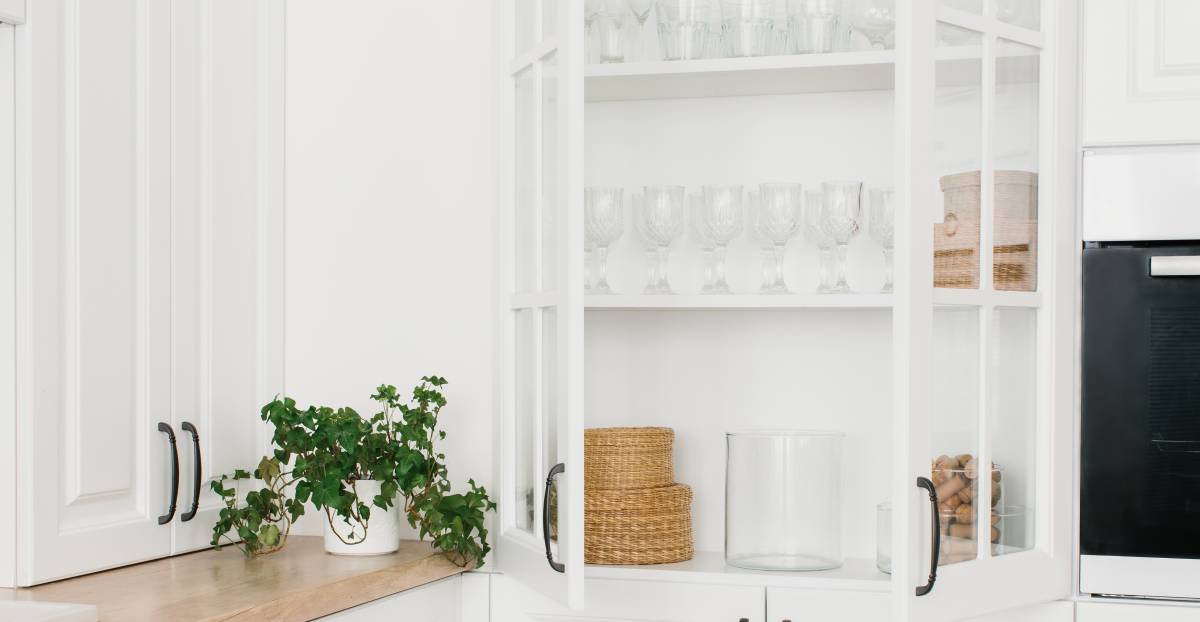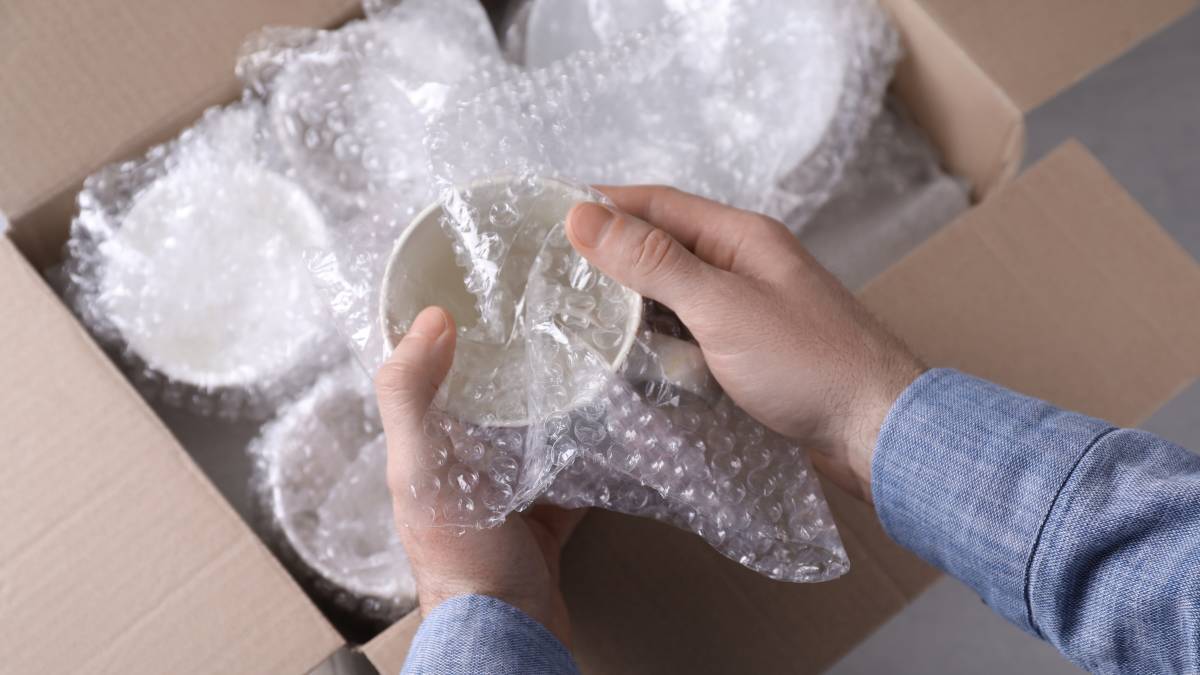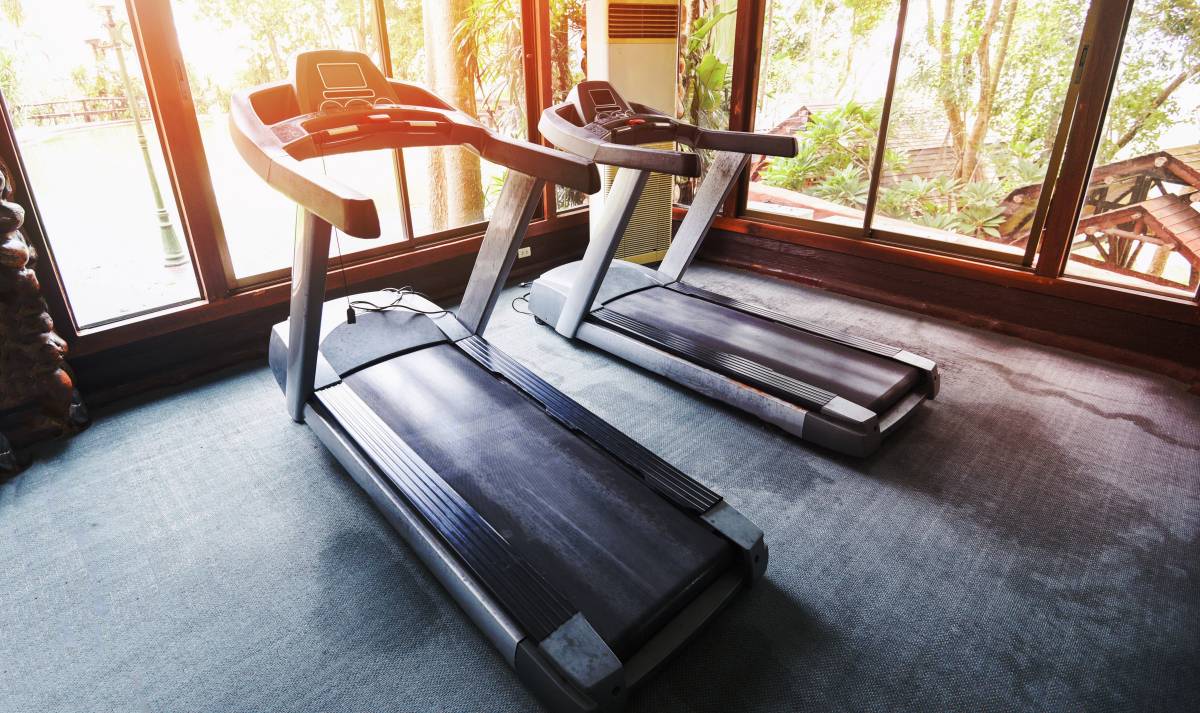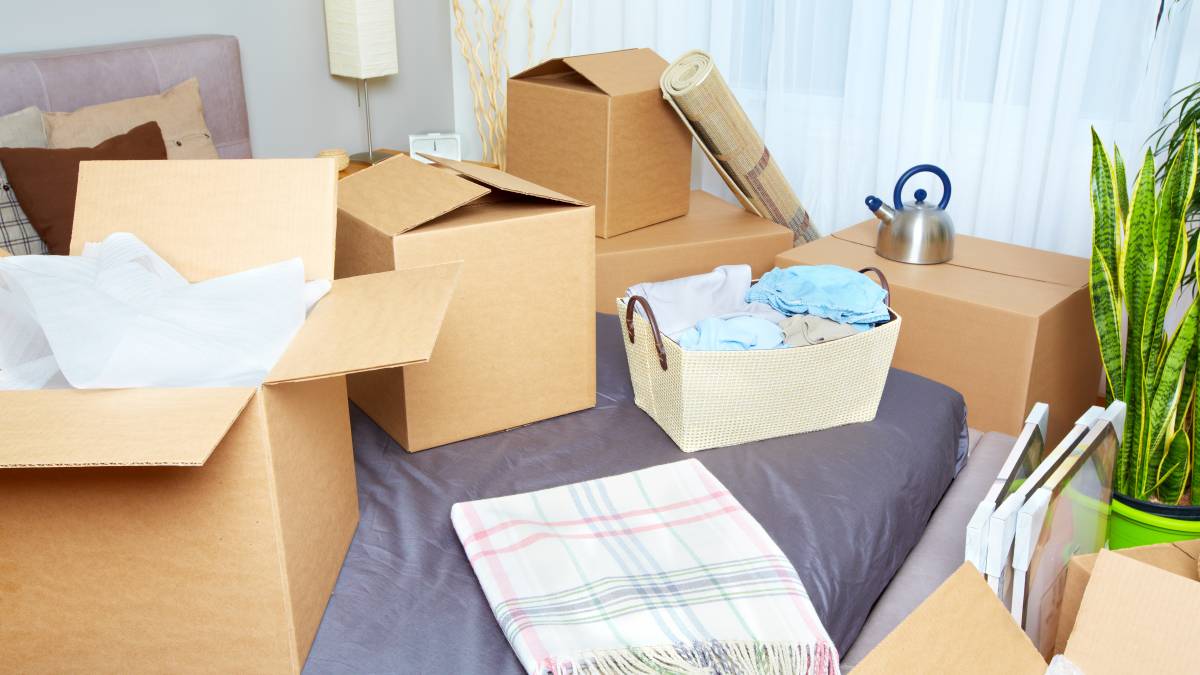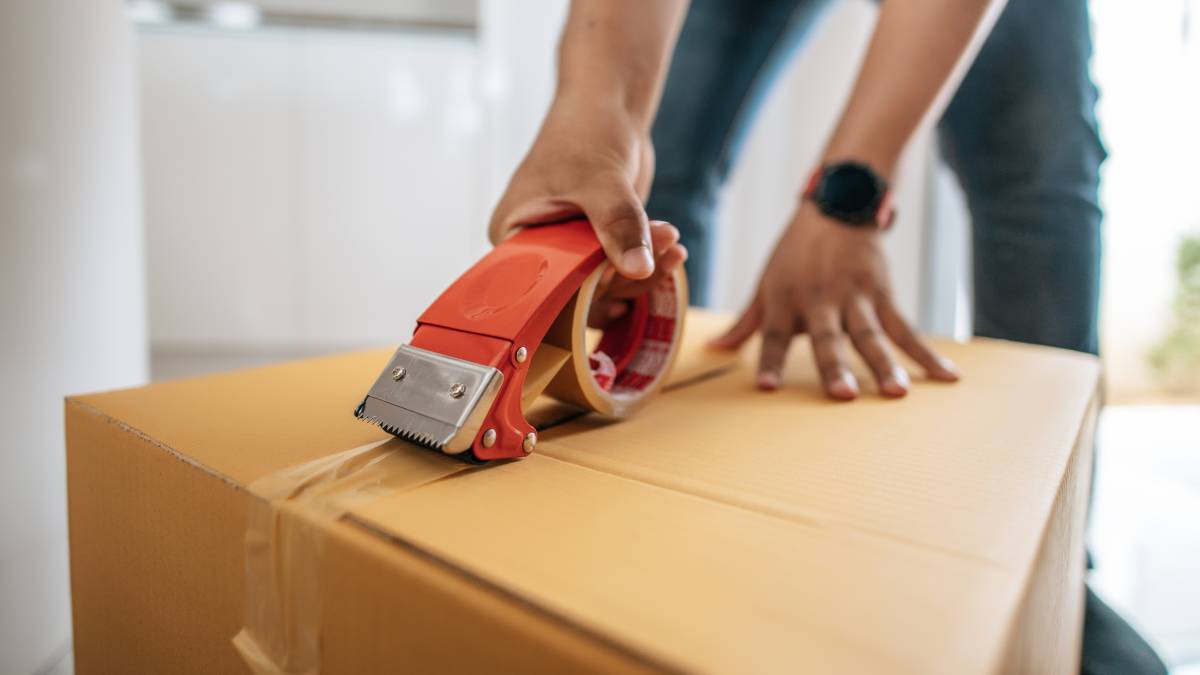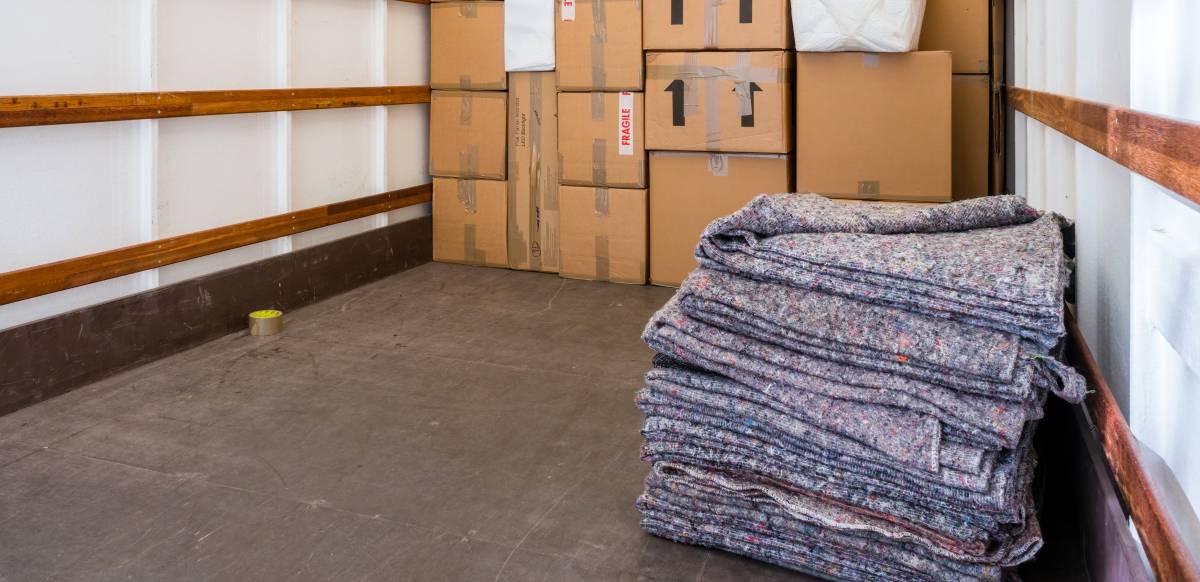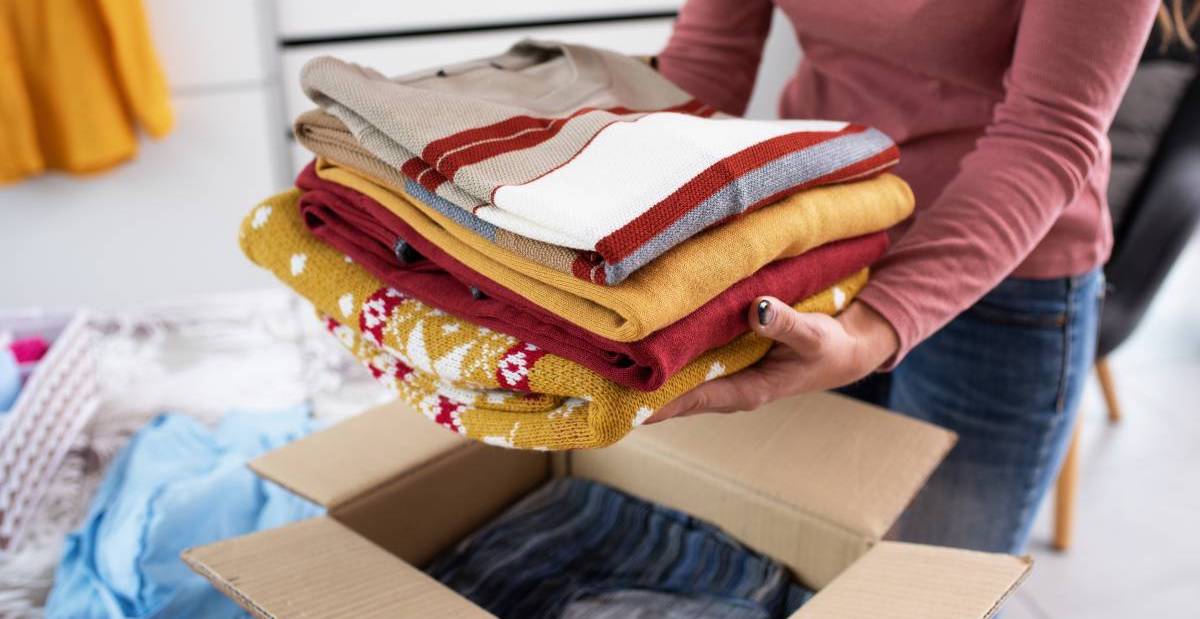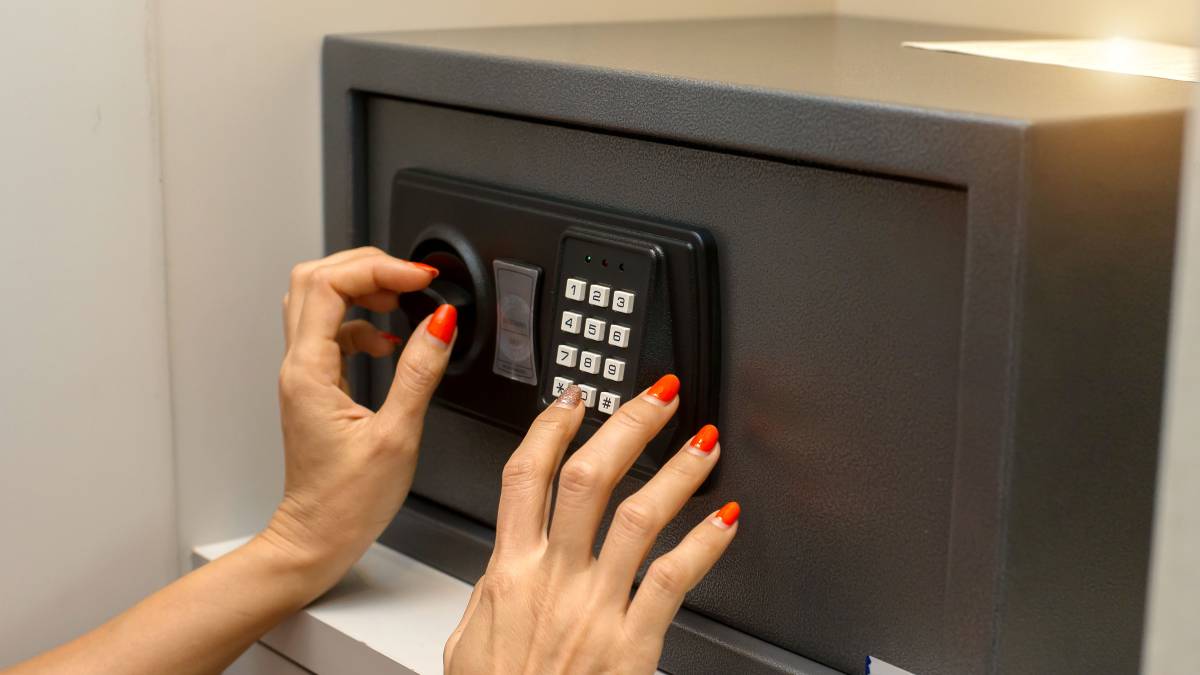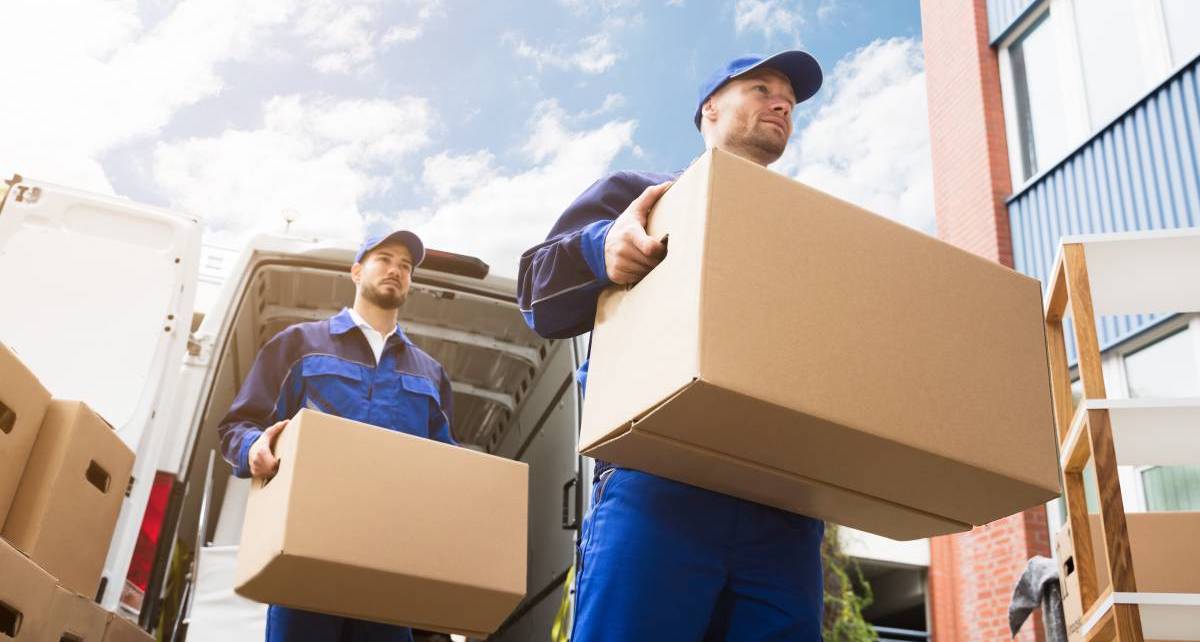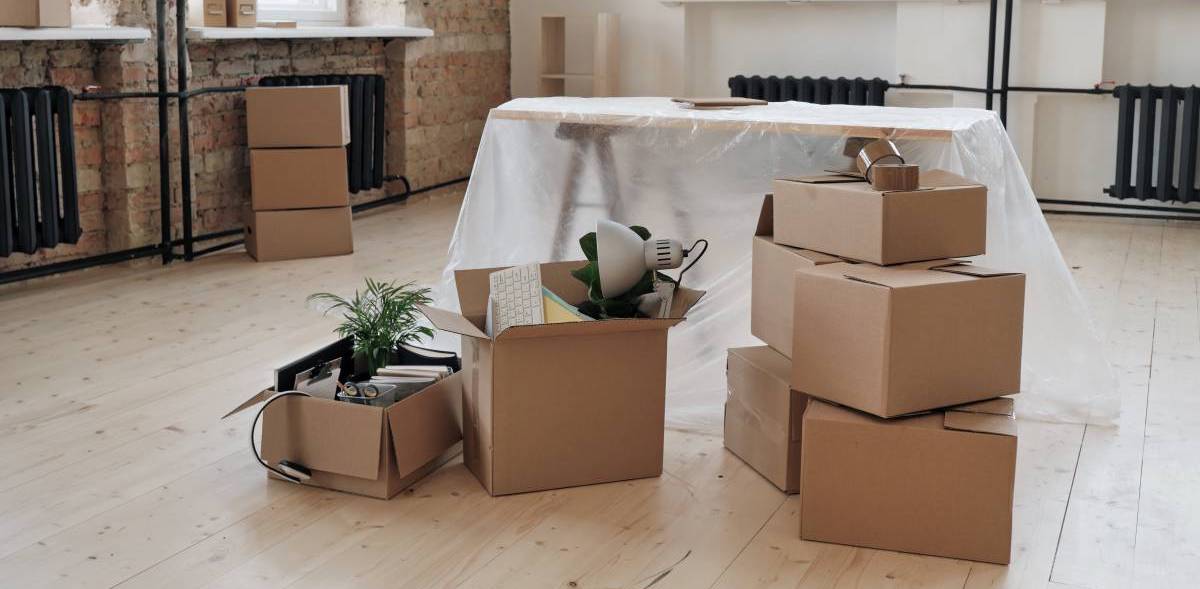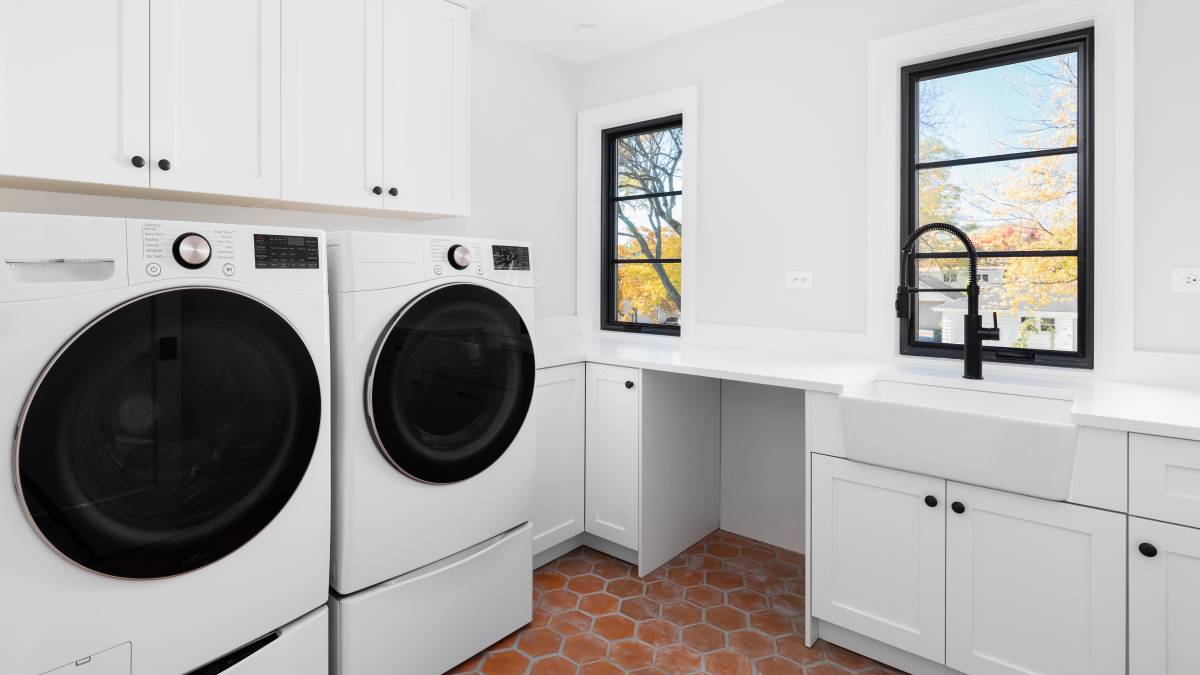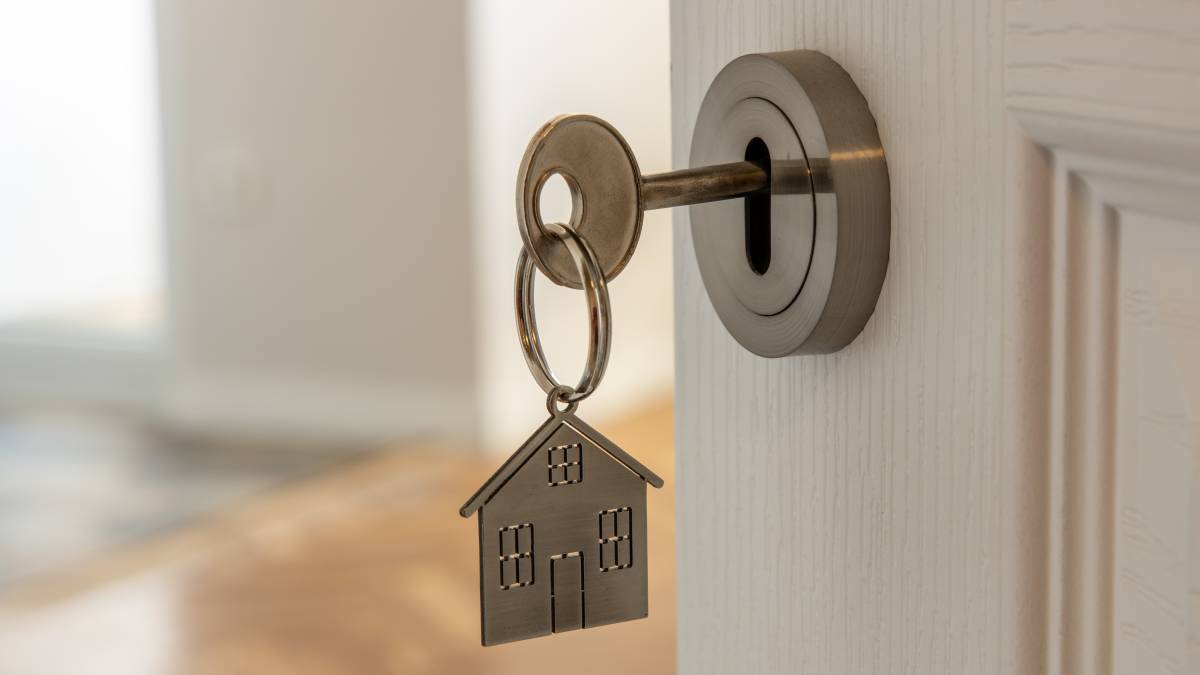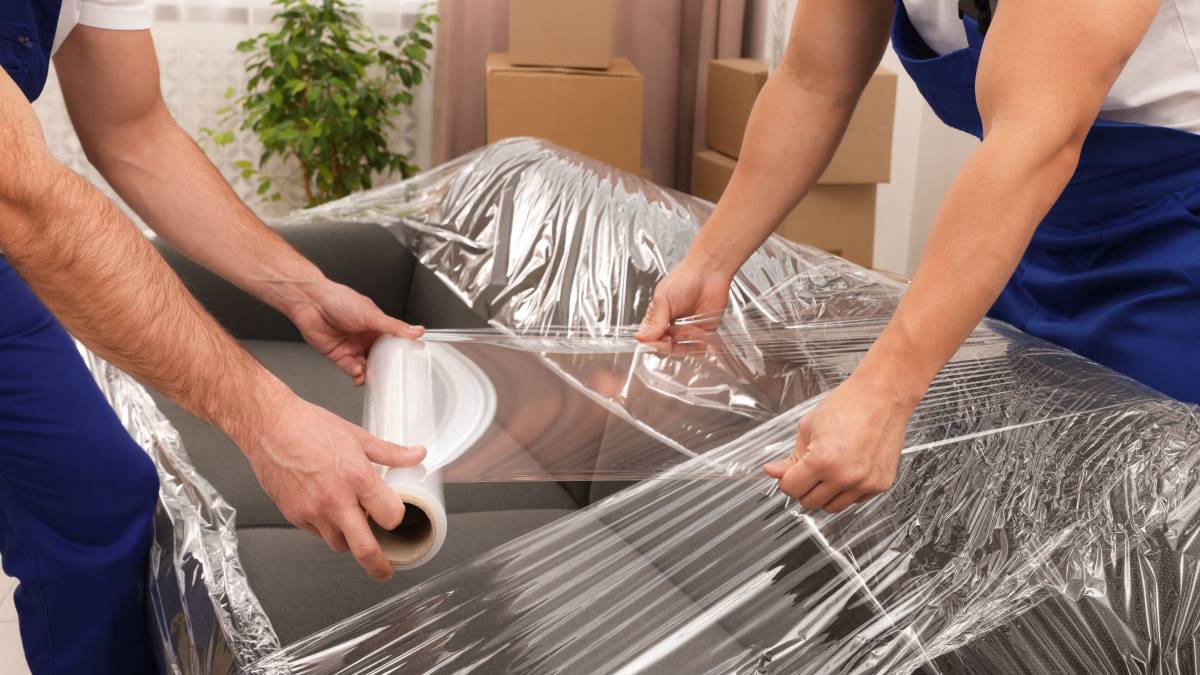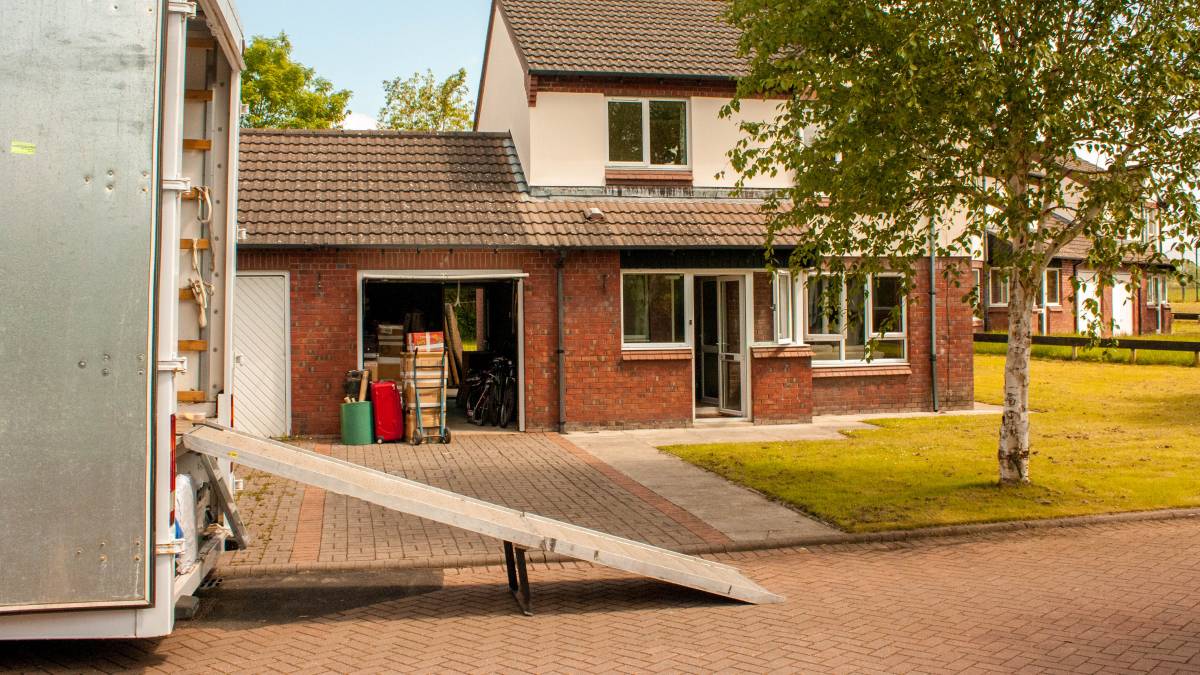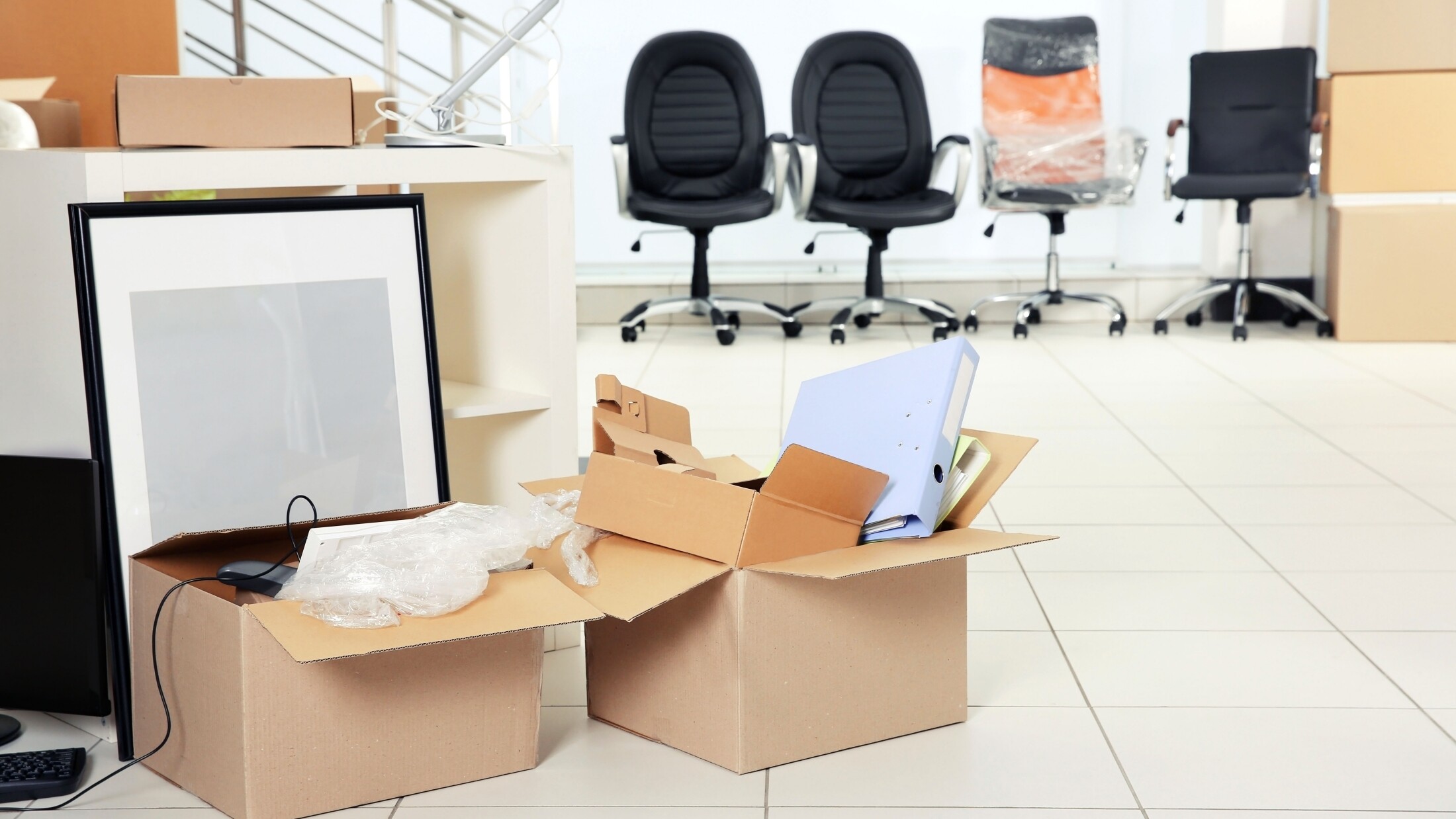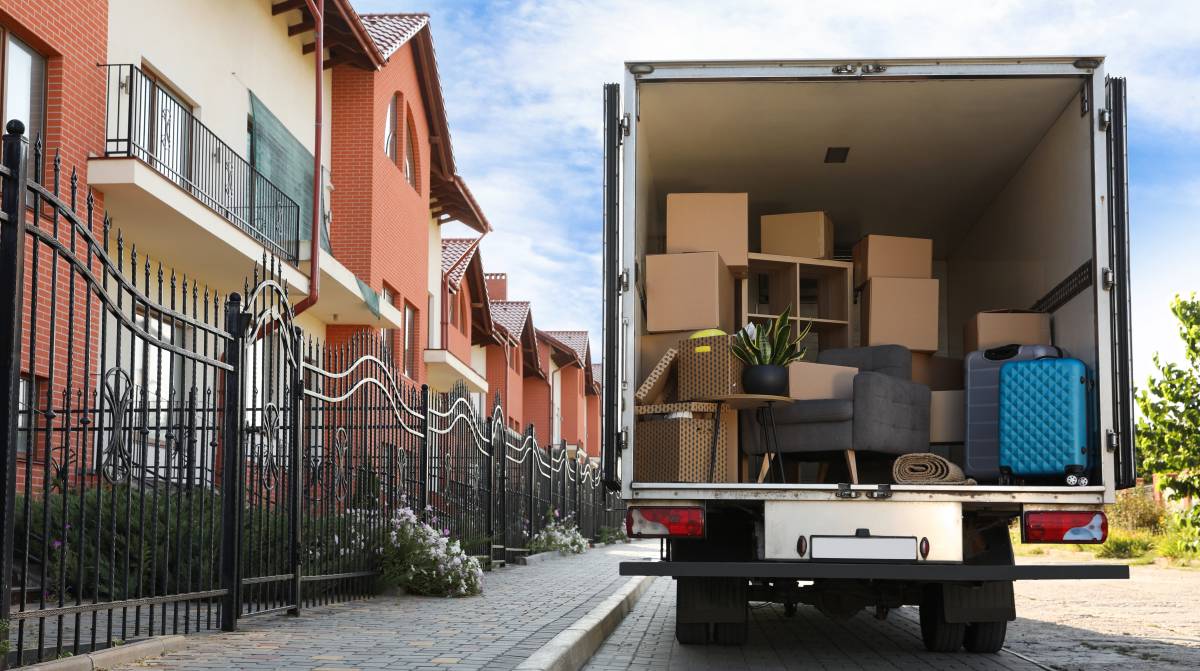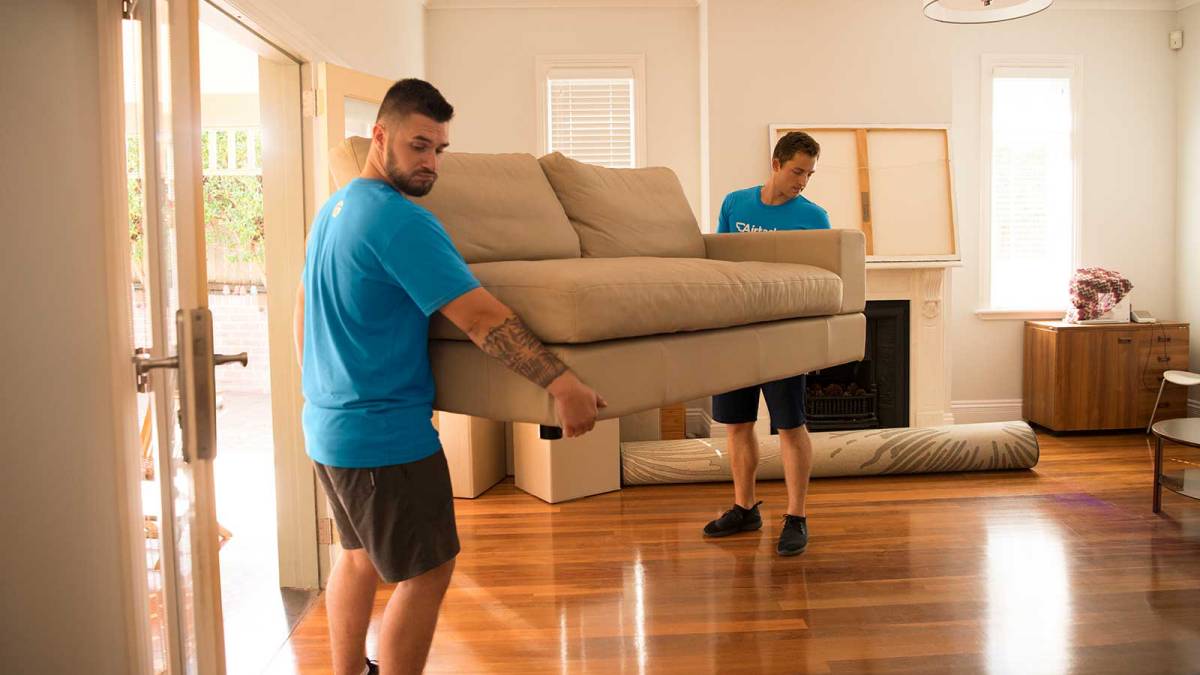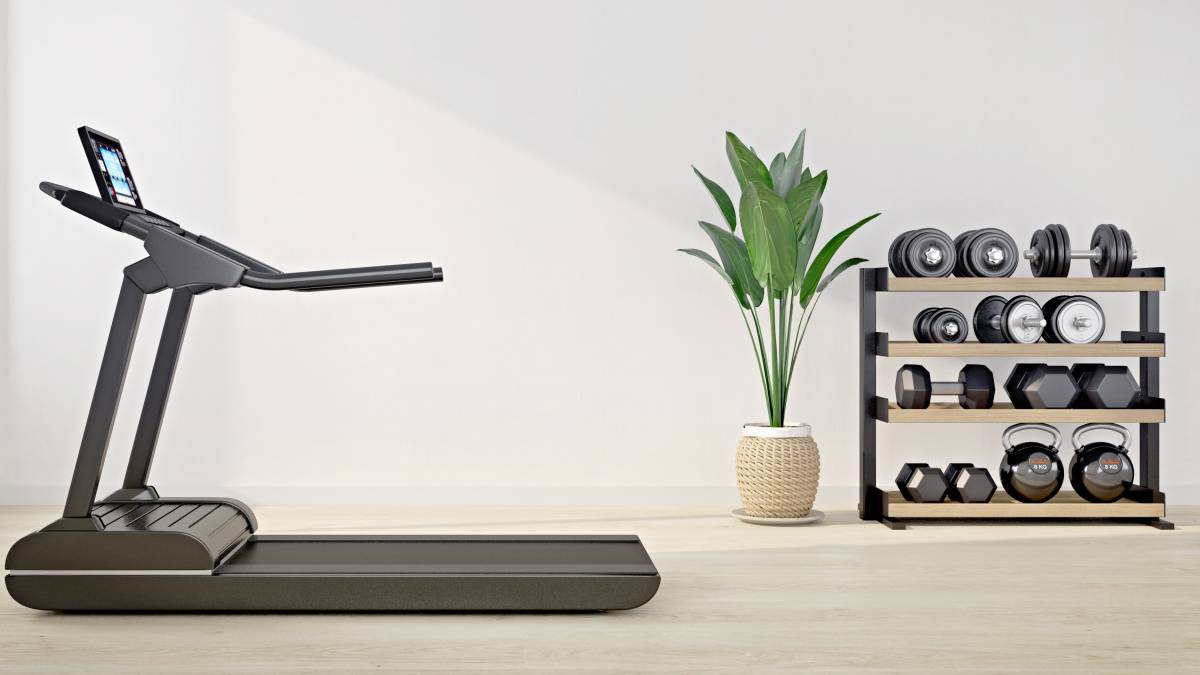
What you need to know to start a removals company
Get jobs, Join AirtaskerLast Updated on
While getting into any kind of business has its own challenges, you may find that a removal business can easily take off, considering low start-up costs and relatively consistent demand. People will always need removal services—whether they’re transferring homes or offices or simply need assistance in transporting their belongings—so this is a great way to earn money.
You might already have experience as a removalist or are starting from scratch. Regardless of where you are in your business venture, this guide should help you learn everything you need to know to start a moving business in the UK. From securing the correct insurance to finding leads, follow the steps outlined below.
Complying with legal requirements
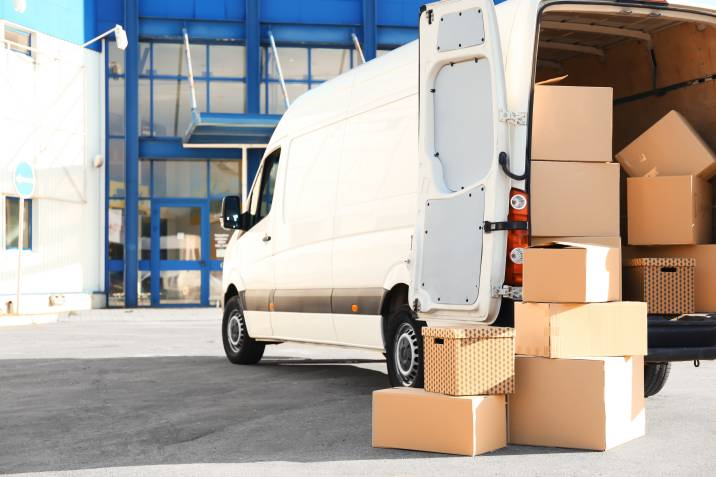
Starting a removal business in the UK involves securing the appropriate licences, certifications, and insurance.
Get a goods vehicle operator licencing for Traffic Areas where you plan to operate.
If you plan to service internationally, you will need an international licence. These are issued by the Driver and Vehicle Standards Agency (DVSA).
All types of vehicles must have a current vehicle excise duty licence (road tax) while professional lorry drivers need to secure a certificate of professional competence (CPC).
You will also want to get accredited or certified by the British Association of Removers (BAR). It’s best to apply for certification once your operating procedures—including health and safety policies—are ironed out.
Also, consider the insurance types you will have to apply for:
Vehicle insurance
Public liability insurance
Goods in transit insurance
Professional indemnity insurance
Assessing start-up costs
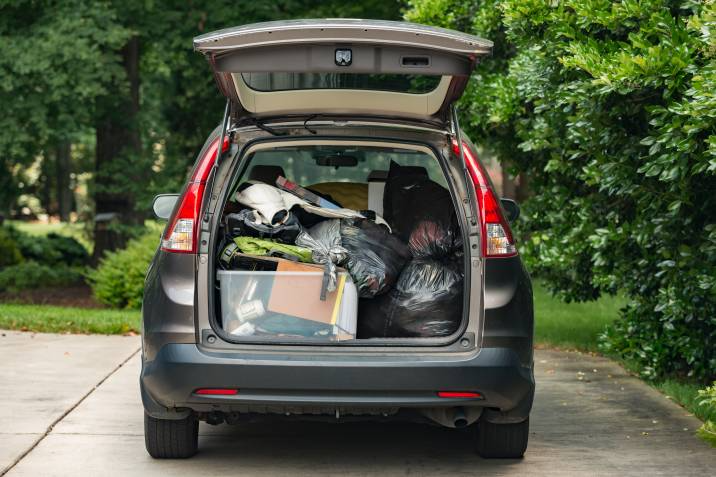
So, how much does it cost to start a removals company, and is it profitable? While it can be difficult to make estimates, you’ll be glad to know that costs are generally low so you can focus your efforts on maximising profitability.
Expenses |
What’s Included |
Minimum Fees |
Maximum Fees |
Vehicle |
Existing or new mode of transportation |
£0 |
£8,000+ |
Insurance |
Vehicle, public liability, goods in transit, & professional indemnity insurance |
£1,350 |
£2,000 |
Equipment |
Fuel, moving/appliance dollies, rope, moving blankets, moving boxes, packing and wrapping materials |
£500 |
£1,000 |
Manpower |
Payroll and hiring expenses |
£0 |
Varies; generally, movers should be paid approximately £15 per hour |
Office Space Expenses |
Rent, utilities, Wi-Fi |
£0 |
£1,500 (per person, per month) |
The largest share of initial costs goes to investing in a lorry—which is good news if you already have one. If not, you may want to start small and purchase a van or a secondhand lorry, along with the basic tools you need to secure to start moving. These include packing and wrapping materials, and moving equipment. You’ll also need to decide on staff, marketing, and overhead costs.
The cost of your moving business will ultimately depend on what you’re willing to spend versus what you’re willing to do yourself.
How much can you make owning a removals company?
Although profits tend to vary drastically depending on which part of the UK you’re operating from, the UK removals industry is valued at approximately £1 billion. Removals companies generally make a healthy margin. With smaller operations, you can maximise revenue by reducing overhead costs and generating more leads.
Choosing a removals specialisation
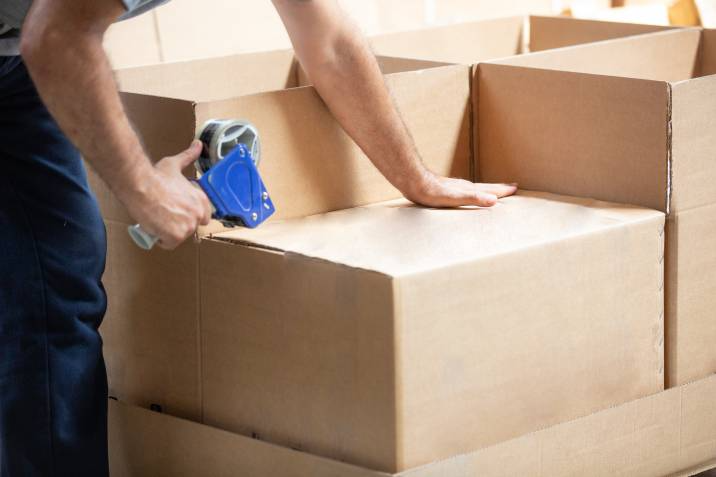
Have you decided on what kind of removal services you want to offer? There are various types you can specialize in:
Home removals - These businesses typically service residential moving needs for middle- to large-sized homes.
Commercial removals - This is for removal companies that work with other businesses for office relocation and are usually larger-scale than residential moves.
Packing and unpacking - Some customers will need assistance with packing and unpacking their items; you can decide whether this is a service you would want to offer alongside your removals services.
Storage - This is a handy service for clients that need a place to store their items in between moves.
Man and van - This type of service is increasingly common as it can be done by individuals and is particularly useful for low-budget removals. Removalists move everything from pieces of furniture to smaller boxes of items.
Self-load - Another low-cost option is self-load; with this type of service, removalists need only transport the items. Clients typically handle the loading and unloading.
How to get leads for your removals business

Now that you have a clear idea of the necessary steps for the kind of removal services you want to offer, the next thing you need to consider is how to get leads. There are many ways to advertise your removal business services, and you can get started on these with minimal to no cost.
1. Build a website
If your moving business doesn’t have its own website yet, you can capitalize on social media marketing, on platforms like Facebook, to reach your target audience.
2. Be searchable
Once you do have your own site, invest in search engine optimization techniques to make your platform more visible—the goal is to be among the top results when people search for “removalists near me”. You can try various strategies to optimize your site, from using keywords with high search volumes in your content to using Google Ads.
3. Build a positive rep online
Finding jobs online in marketplaces like Airtasker can be a great place to see where you can offer your services. You can take up moving gigs that customers need to be done, and continue fulfilling moving tasks that will raise your rating and make you likely to win more tasks in the future. It’s an easy way to meet customers and build your expertise!
4. Get referrals
A classic way to get leads is through referrals. When people are satisfied with the quality of your services, you can encourage them to refer you to their families and friends who might also be in the market for moving assistance.
Additional considerations

Here are a few things that will come in handy while as you start your venture and will help you establish a profitable business:
Provide adequate safety training to your movers: To keep your staff safe and avoid costly errors, make sure that they are equipped with handling and lifting safety tips and SOPs before taking on any work.
Set up a strategic pricing structure: It’s important that you neither overprice your services nor sell yourself short. Get an accurate picture of your overhead costs and know market prices to stay competitive.
Know how to create comprehensive quotes: Estimating the cost of your services takes several steps, including factoring in distance and calculating the weight of the items being moved. Don’t rush through this step and make sure to communicate with your client constantly.
Start a removals business today
A removals company can be a highly profitable venture in the UK. If you’re gearing to start your own or want to scale an existing operation, the steps highlighted in this guide should prepare you.
For high-quality leads, consider looking for jobs on Airtasker. This will help you meet the right customers at their time and place of need.
Related articles

A guide to becoming a removalist
Read more

Tips for moving house with kids
Read more

How to pack mirrors for moving
Read more

How to pack kitchen items for moving
Read more
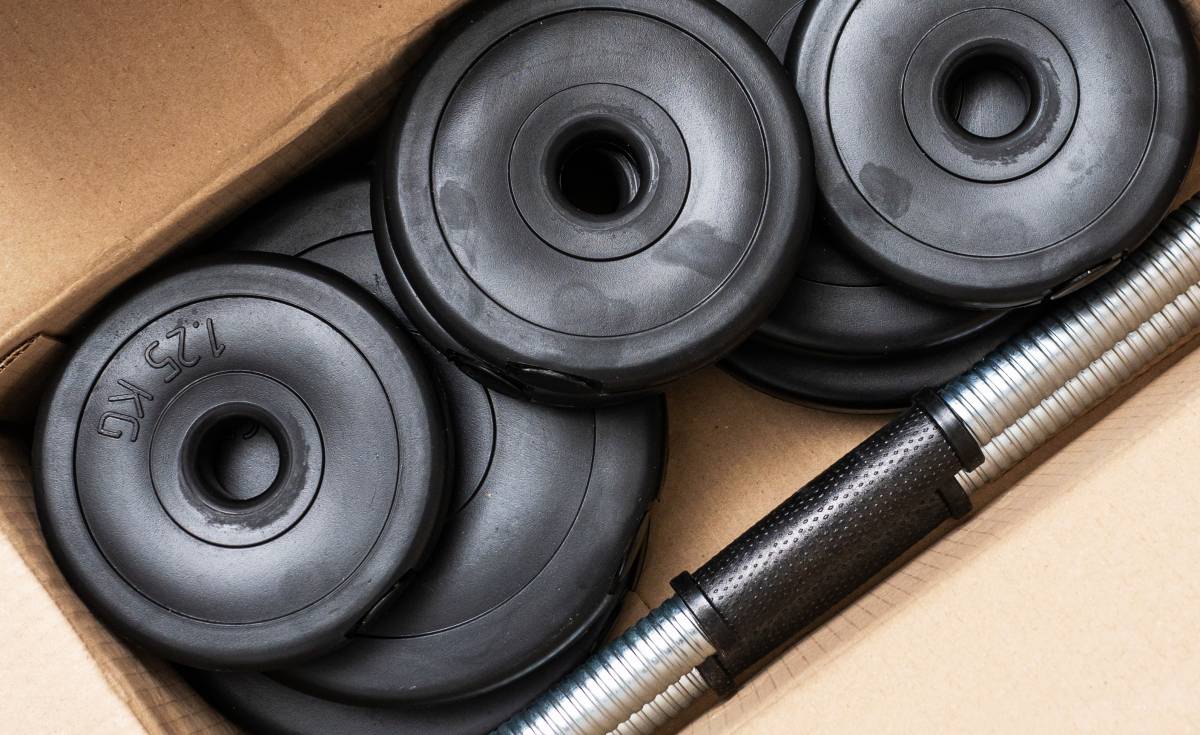
How to move gym equipment safely
Read more

How to pack books for moving
Read more
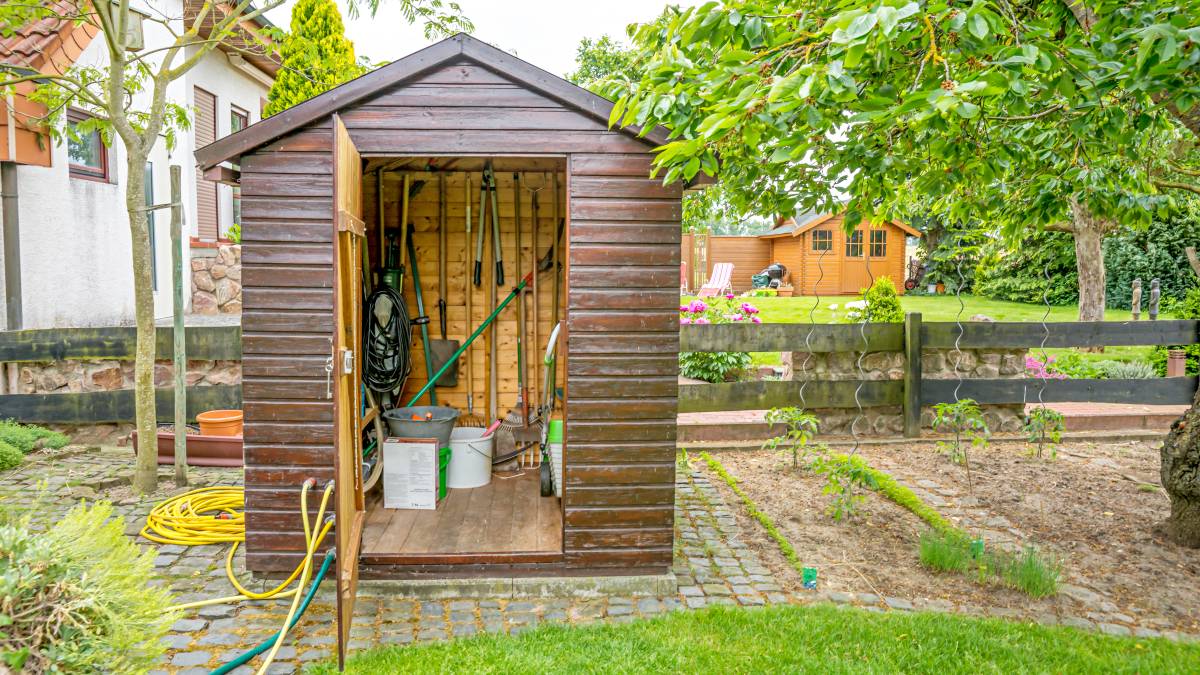
How to move a shed
Read more
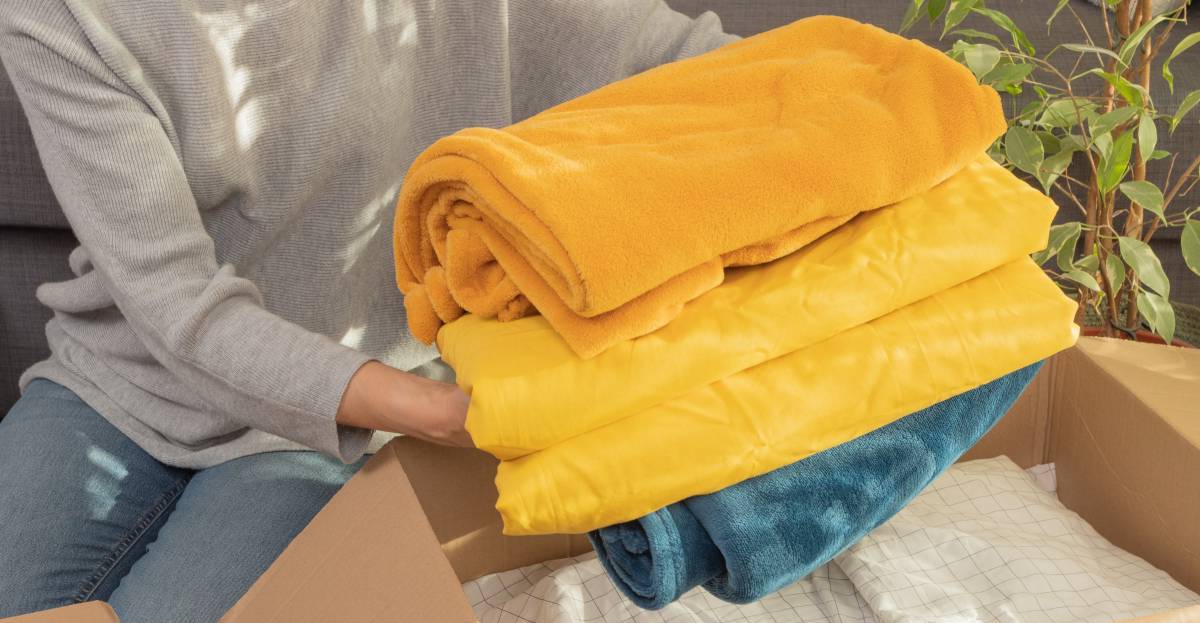
How to pack bedding for moving
Read more
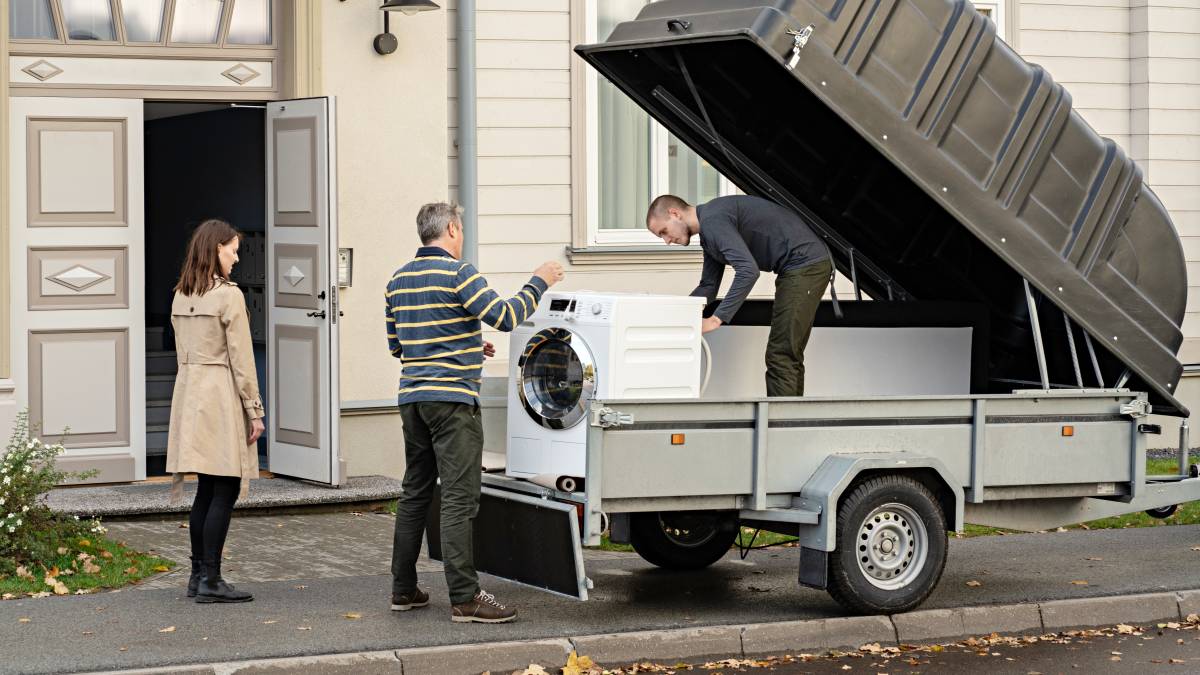
How to move a washing machine
Read more

How to move a pool table
Read more
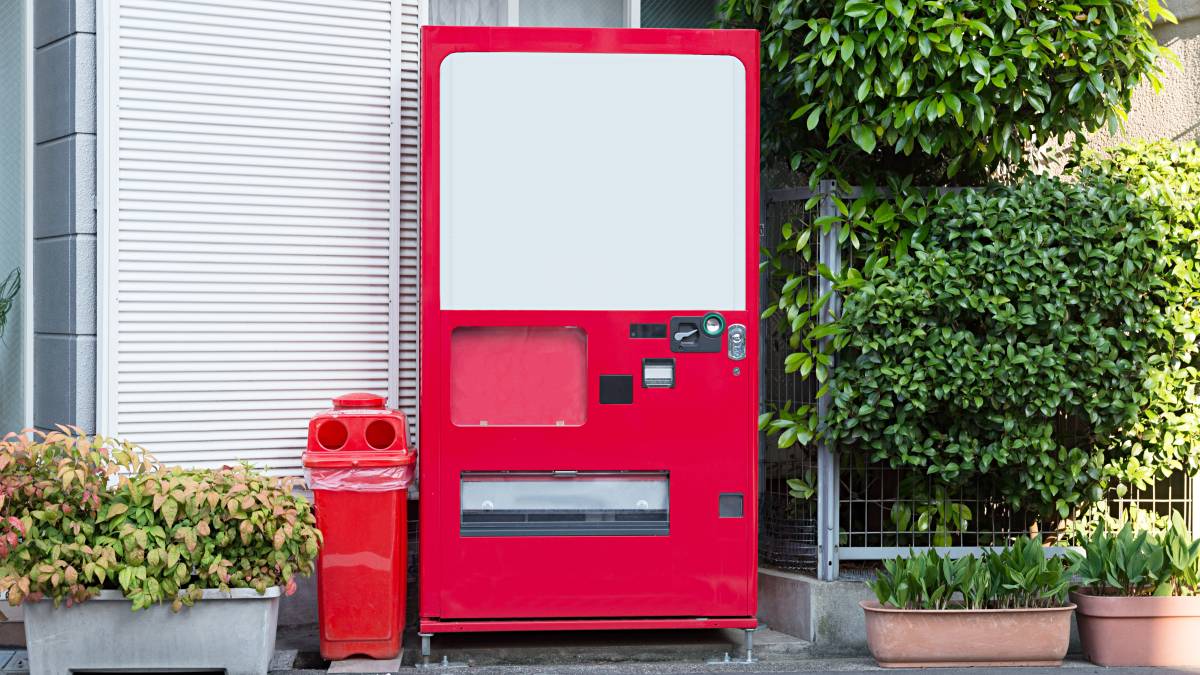
How to move a vending machine
Read more

How to pack artwork for moving
Read more
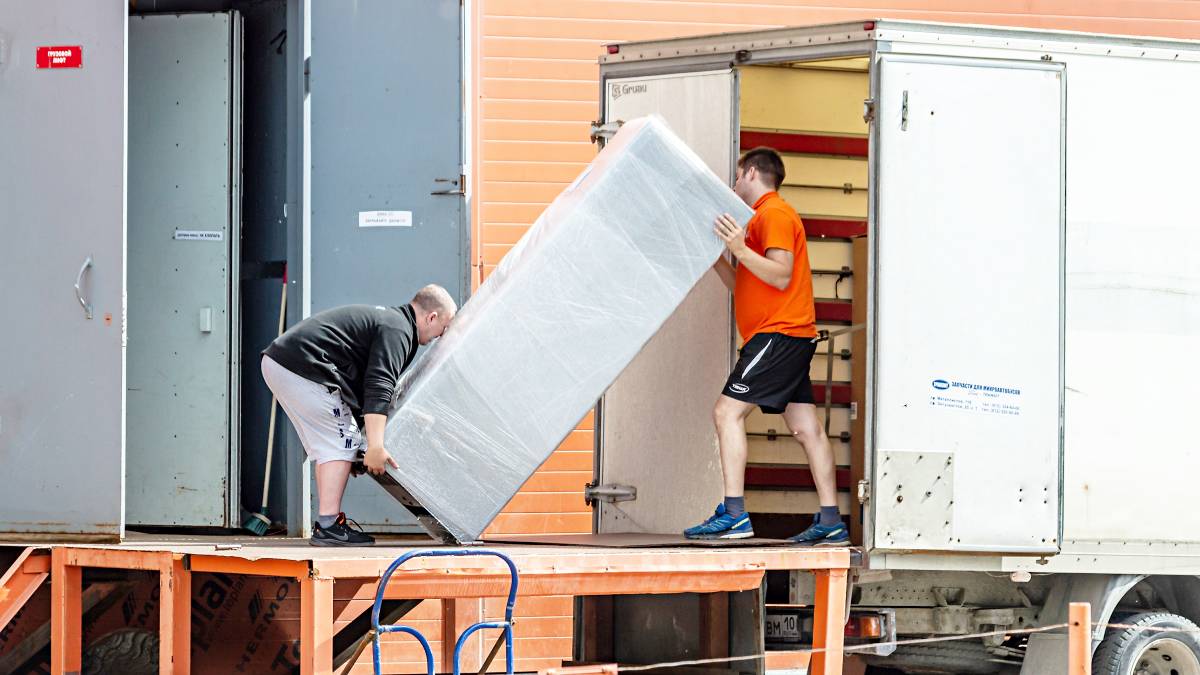
Moving a fridge: How to do it right
Read more

How to move a pinball machine
Read more

How to wrap furniture for moving
Read more

What moving companies won’t move
Read more
Related price guides
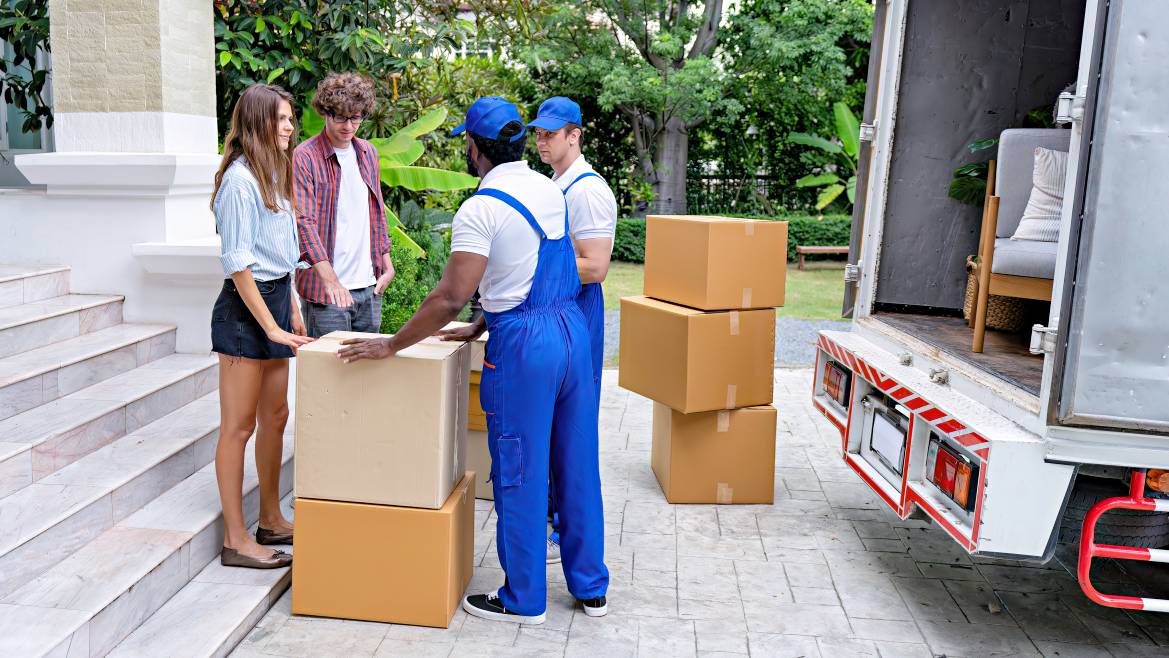
How much do removals cost?
Read more
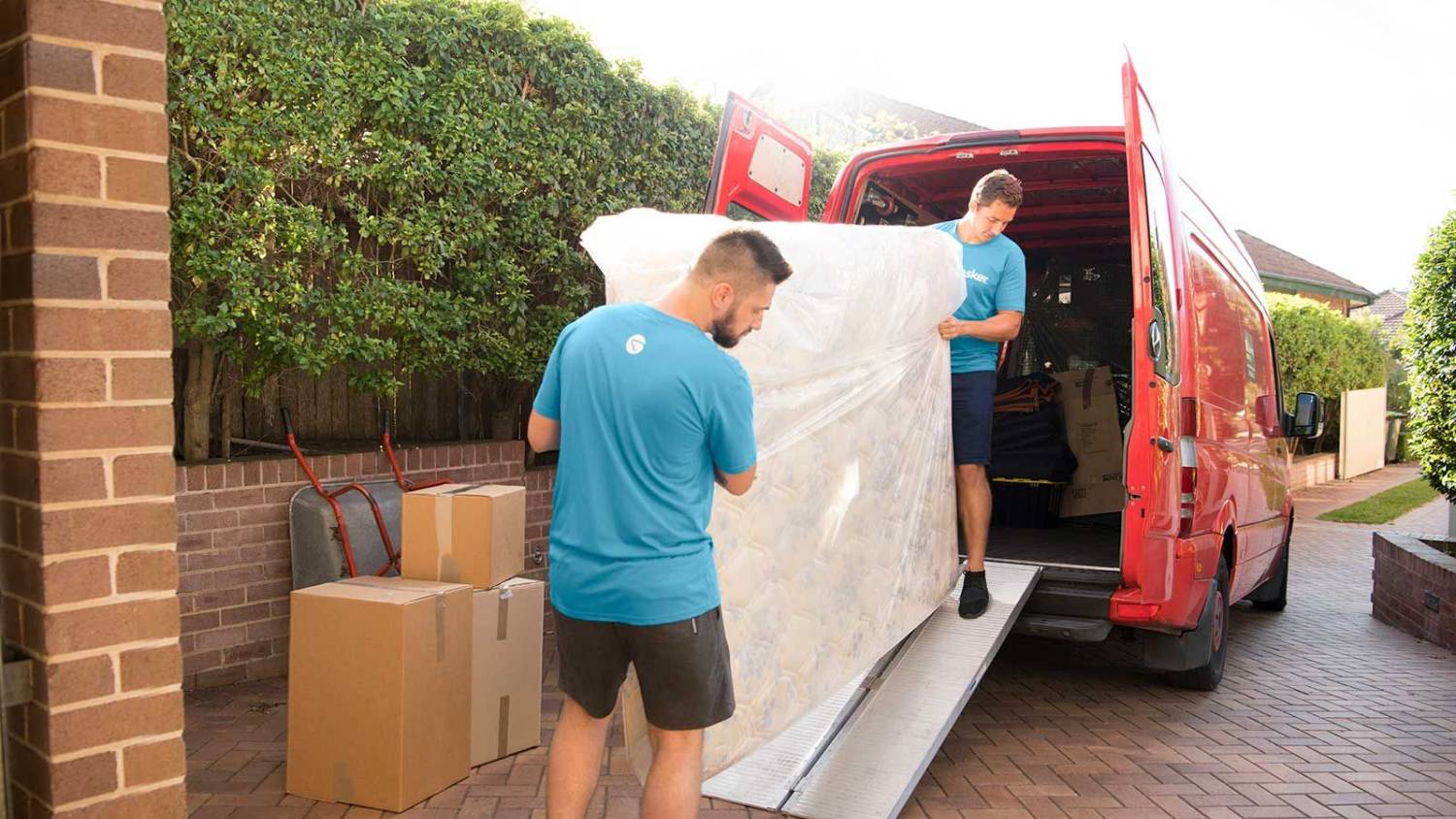
How much does it cost to move house?
Read more

How much does it cost to move house?
Read more
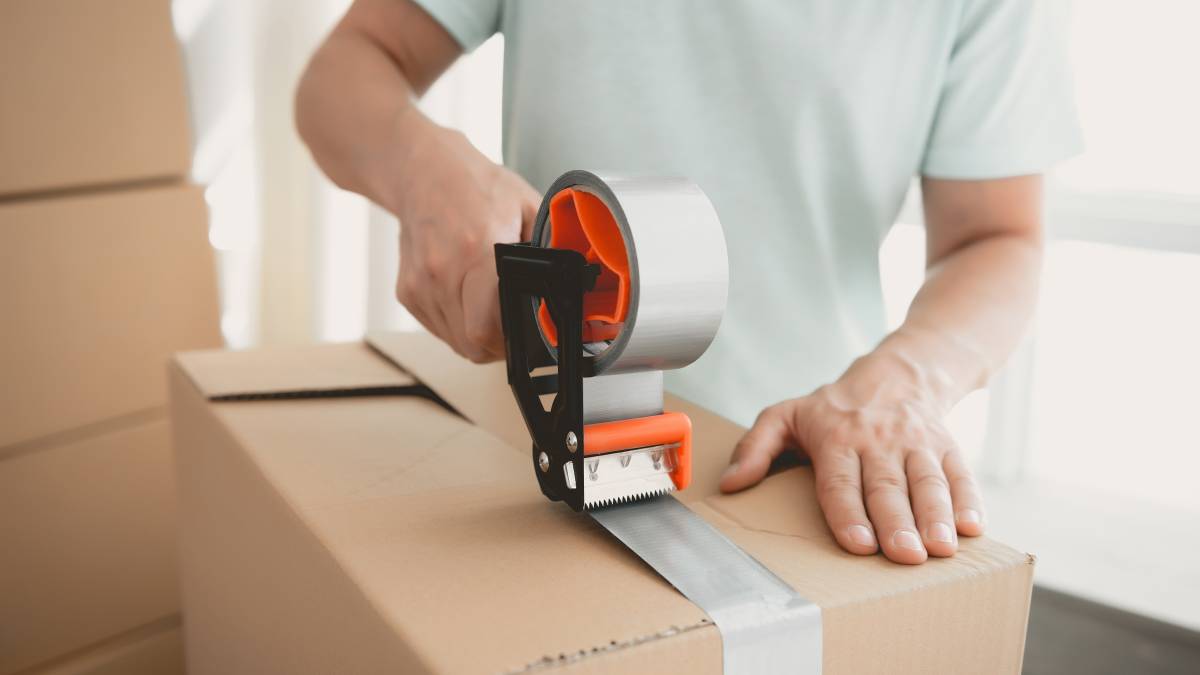
How much do packers cost?
Read more
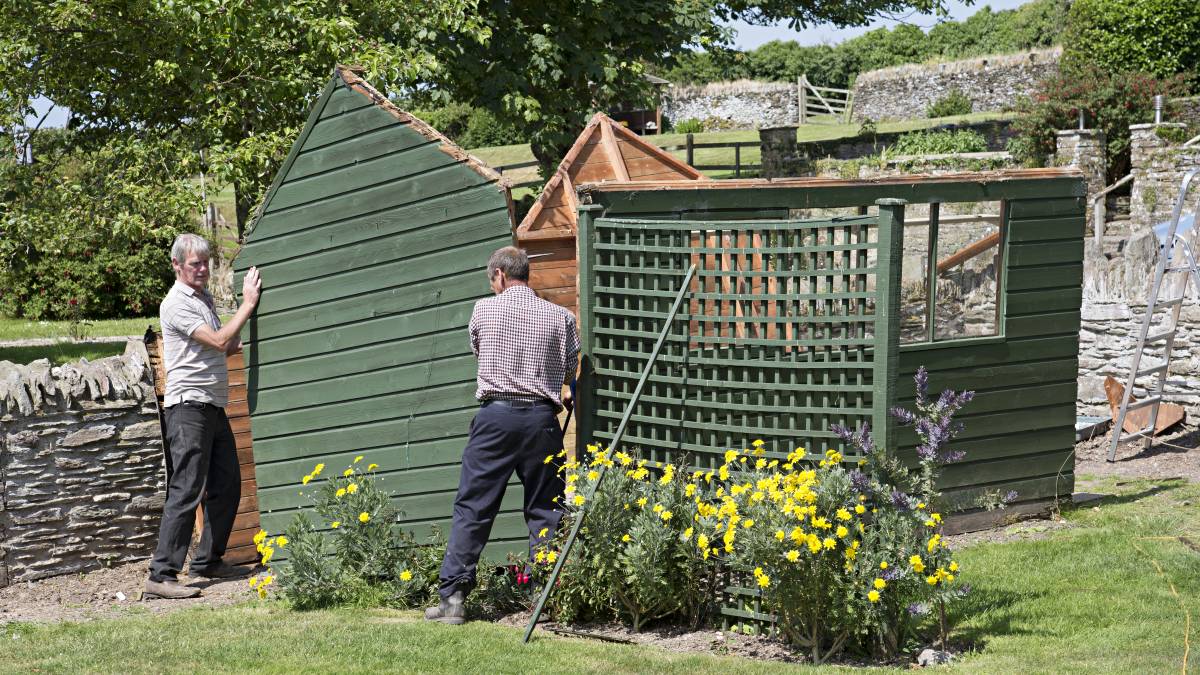
How much does shed removal cost?
Read more

How much does piano moving cost?
Read more

